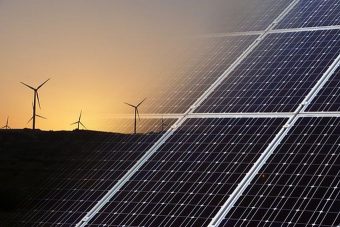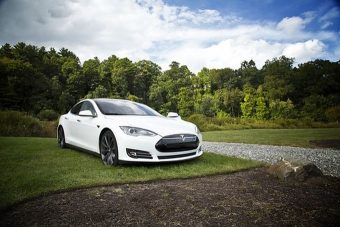
Thanks to a combination of government incentives and public enthusiasm, electric cars make up a higher portion of new-car sales in Norway than in any other country. As of May, there were more than 105,000 plug-in electric cars registered in the Scandinavian country of 5 million people. That makes Norway possibly the best place in the world to study the habits and preferences of electric-car owners. Some interesting insights were indeed gleaned by a recent survey of around 8,000 vehicle owners in Norway conducted by the country’s Institute of Transport Economics (via Charged EVs).
The survey included responses from 3,111 battery-electric car owners, 2,065 plug-in hybrid owners, and 3,080 owners of non-hybrid gasoline and diesel cars. One of the main findings was that there is significant overlap between some of these categories, with the majority of electric cars being part of two-car households.
Of the electric-car owners surveyed, 71 percent also owned a gasoline or diesel car, 4 percent also owned a plug-in hybrid, and 4 percent owned a second electric car. The electric-car model most in single-car households was the Tesla Model S, which was twice as likely to be the only vehicle in a household.
The survey also found that owners of all-electric cars and plug-in hybrids had different transportation needs, although both were at least somewhat motivated by economic and environmental considerations.
In addition, electric-car owners value the incentives and perks—such as exemption from road tolls—that come with those vehicles, according to the survey. They also tend to be younger, have more children, and own more cars than owners of other vehicle types.
Despite continuing concerns over range anxiety in most markets, the survey also showed that electric-car drivers actually travel slightly more per year than owners of plug-in hybrid, gasoline, or diesel cars.
Electric cars averaged 15,500 kilometers (9,631 miles) per year, compared to 15,200 km (9,444 mi) for plug-in hybrids and 15,000 km (9,320 mi) for gasoline and diesel cars. Those electric-car drivers averaged 20 percent less range than official ratings in the summer, and 30 percent less in the winter. Plug-in hybrids, meanwhile, were found to drive on electric power 55 percent of the time.
Finally, when it comes time to buy a new car, it seems the majority of Norway’s electric-car drivers are happy to stick with plug-ins. Only about 2 percent of plug-in hybrid buyers said they would not buy a plug-in car again, while the attrition rate or all-electric cars was less than 1 percent.
Source: greencarreports.com





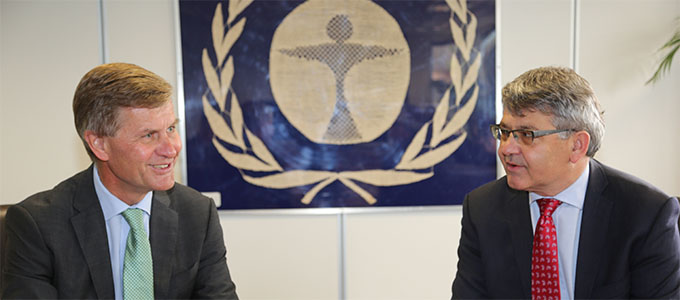
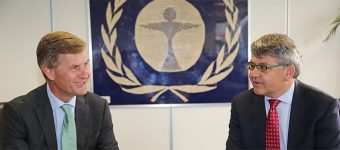 UN Environment and the Norwegian Government signed a framework agreement for development cooperation yesterday that lays new ground for future collaboration in development and environmental sustainability.
UN Environment and the Norwegian Government signed a framework agreement for development cooperation yesterday that lays new ground for future collaboration in development and environmental sustainability.
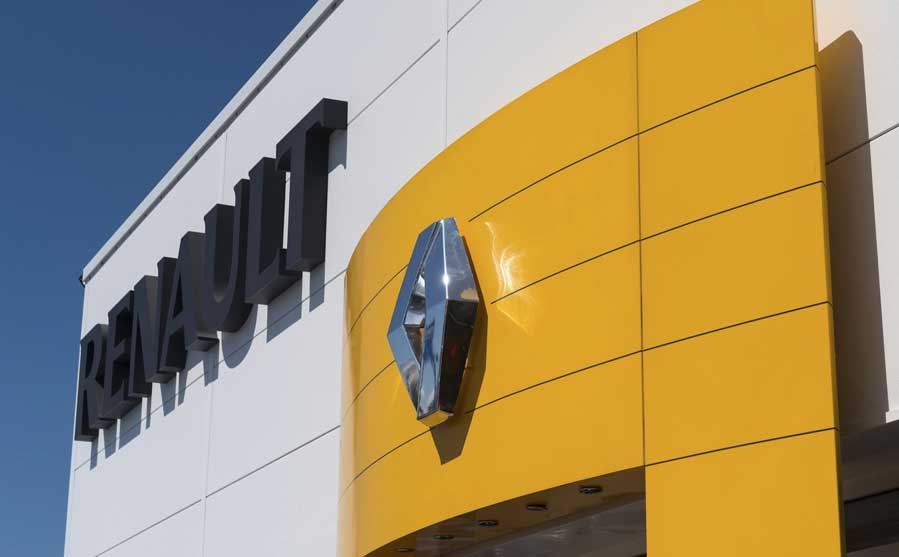
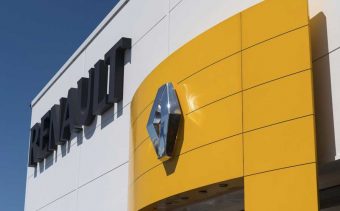
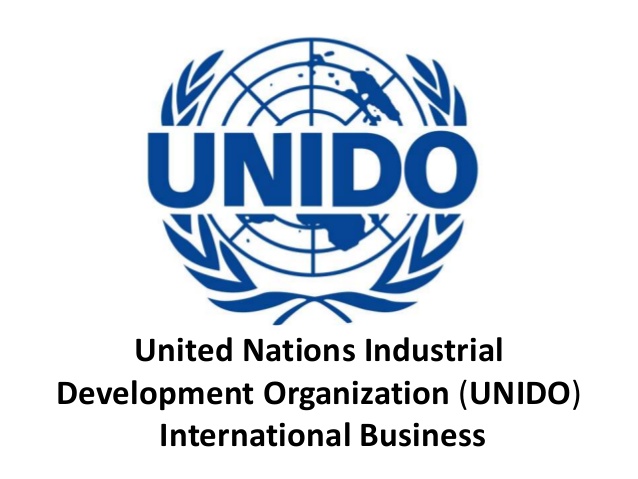



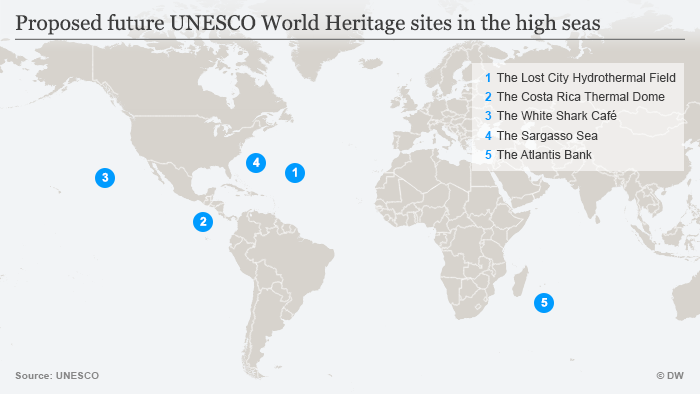

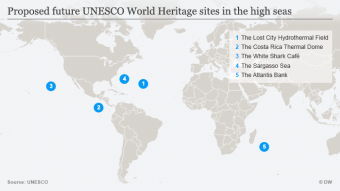 “These places are just absolutely phenomenal, they are the Grand Canyons of the high seas,” Douvere enthused. “They include some of our biggest volcanoes and some of our most fantastic wildlife gathering points – it is mind-blowing.”
“These places are just absolutely phenomenal, they are the Grand Canyons of the high seas,” Douvere enthused. “They include some of our biggest volcanoes and some of our most fantastic wildlife gathering points – it is mind-blowing.”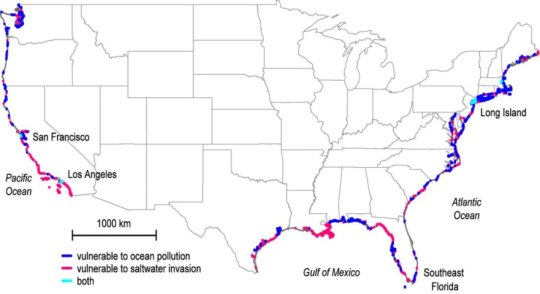
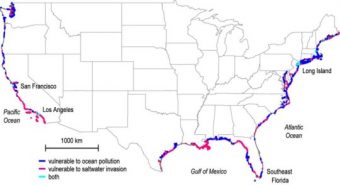 Researchers have uncovered previously hidden sources of ocean pollution along more than 20 percent of America’s coastlines.
Researchers have uncovered previously hidden sources of ocean pollution along more than 20 percent of America’s coastlines.
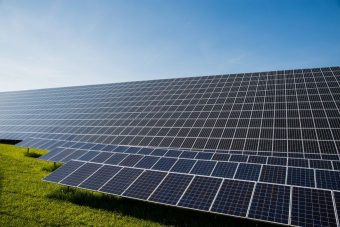

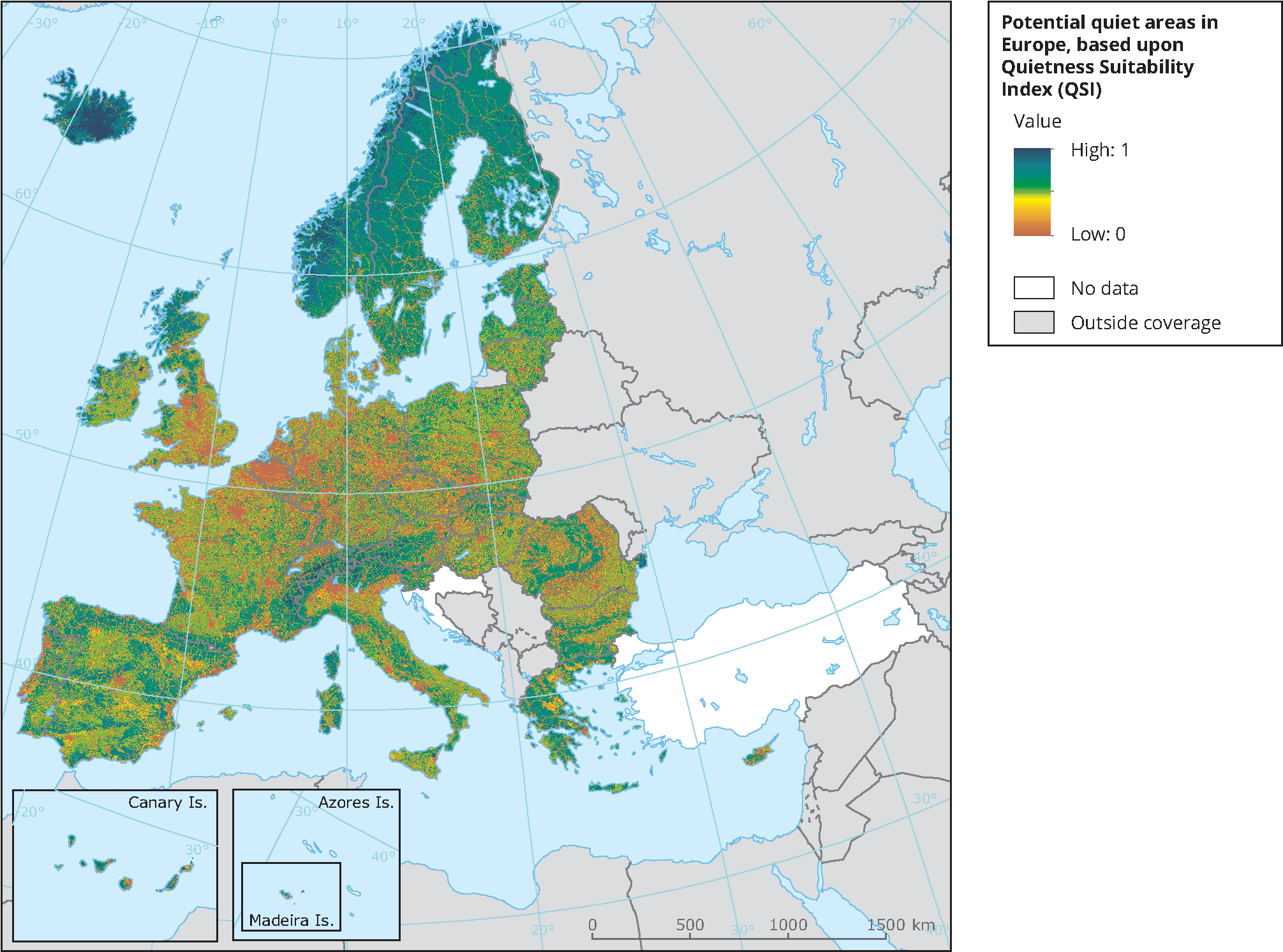
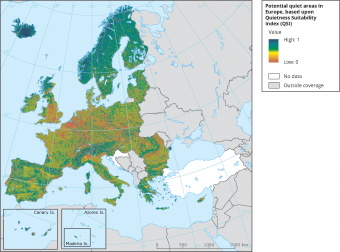 One-third of Europe’s countryside is potentially affected by noise pollution caused by human activity, according to a new report published in June by the European Environment Agency (EEA). Protecting areas not yet affected by noise can bring significant environmental and health benefits, the report says.
One-third of Europe’s countryside is potentially affected by noise pollution caused by human activity, according to a new report published in June by the European Environment Agency (EEA). Protecting areas not yet affected by noise can bring significant environmental and health benefits, the report says.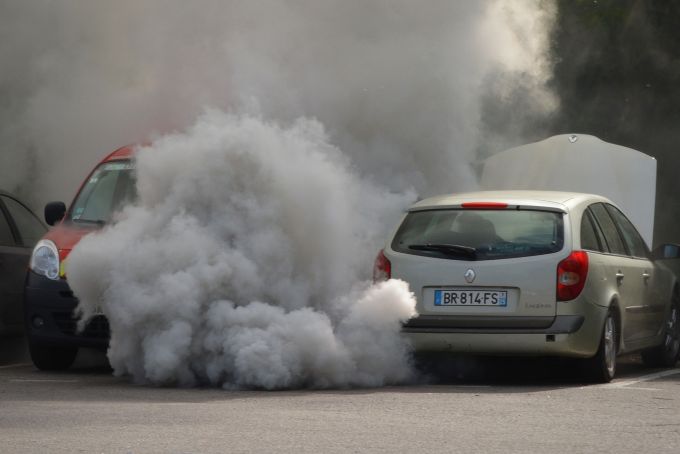
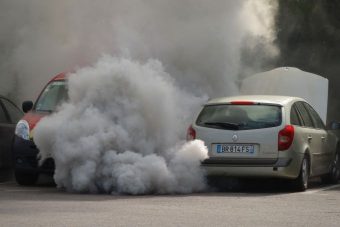

 According to Balkan Energy News, team of designers and entrepreneurs based in Belgrade is working on solutions to reduce the car industry’s share in greenhouse gas emissions. Saša Milovančević, one of the founders and chief executive of Aqos Technologies d.o.o., said a solar film which the startup developed allows for the creation of thematic solar-conventional vehicles which won’t have an issue with aesthetics regarding solar cells. The texture and appearance of the cells are an indigenous art motif that should give a new visual – distinctive character to the car, he added. The solar cell has flexibility with two axes and Aqos is working on the solution for all three axes, with increased efficiency in all lighting conditions.
According to Balkan Energy News, team of designers and entrepreneurs based in Belgrade is working on solutions to reduce the car industry’s share in greenhouse gas emissions. Saša Milovančević, one of the founders and chief executive of Aqos Technologies d.o.o., said a solar film which the startup developed allows for the creation of thematic solar-conventional vehicles which won’t have an issue with aesthetics regarding solar cells. The texture and appearance of the cells are an indigenous art motif that should give a new visual – distinctive character to the car, he added. The solar cell has flexibility with two axes and Aqos is working on the solution for all three axes, with increased efficiency in all lighting conditions.


